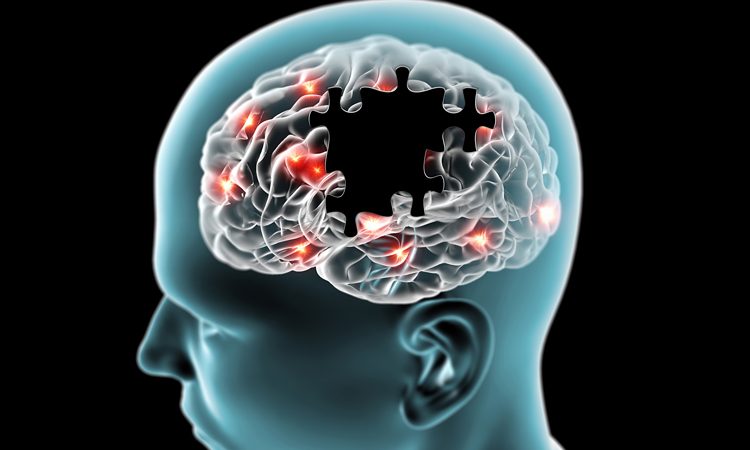Neuropsychiatric symptoms due to excessive brain inflammation
Posted: 29 November 2023 | Drug Target Review | No comments yet
In Alzheimer’s disease patients, irritability and anxiety is likely caused by neuroinflammation, which indicates new therapeutic pathways.

Researchers from the University of Pittsburgh School of Medicine have offered the first strong evidence that frequent neuropsychiatric symptoms observed in Alzheimer’s disease (AD) patients originate from brain inflammation, not amyloid and tau proteins. This discovery adds to evidence for the role of neuroinflammation in Alzheimer’s progression and indicates new pathways for the development of therapies targeting neurological symptoms of the disease.
“Neuropsychiatric symptoms such as irritability, agitation, anxiety, and depression are among the most difficult symptoms to treat in patients with Alzheimer’s.”
First author Dr Cristino Aguzzoli, postdoctoral associate at Pitt, explained: “Neuropsychiatric symptoms such as irritability, agitation, anxiety, and depression are among the most difficult symptoms to treat in patients with Alzheimer’s. They are difficult to control, have no clear cause and make it difficult for families to care for their loved one without lots of support… Here, we show for the first time that brain inflammation may be to blame for these symptoms.”
In a discovery earlier this year, Pitt scientists found that excessive brain inflammation is essential for disease initiation and can predict whether cognitively unimpaired elderly are at a higher risk of developing Alzheimer’s symptoms. Their earlier research suggested the significance of neuroinflammation in the pathological cascade involving other crucial components in Alzheimer’s pathology, including amyloid beta and tau.
Measuring neuroinflammation
The researchers worked with 109 elderly individuals. Most of them had no cognitive impairments but were positive for amyloid and tau.
Brain imaging enabled the scientists to measure levels of neuroinflammation, amyloid beta and tau. They then compared the results with clinical assessments of neuropsychiatric symptom severity and found that microglial activation was strongly linked to numerous neuropsychiatric symptoms, including disturbed sleep and agitation. Levels of amyloid and tau alone were predictive of neuropsychiatric symptoms, but neuroinflammation appeared to have an added effect.
Reports from caregivers or family members of individuals with rapid mood swings from calm to tears to anger, one of the common symptoms of the disease, was most strongly associated with neuroinflammation. Individuals whose caregivers showed higher levels of distress when caring for them had greater levels of brain inflammation.
This study adds to evidence of the role of brain inflammation in the early stages of the disease progression when symptoms like excess irritability typically emerge. Also, it suggests that clinical trials targeting neuroinflammation as a preventive therapy for Alzheimer’s could track neuropsychiatric symptoms as one method of measuring the treatment’s effectiveness.
Drugs specifically targeting neuroinflammation could help reduce neuropsychiatric symptom severity and lessen some of the psychological burden experienced by caregivers, improving patient support.
Senior author Dr Tharick Pascoal, Associate Professor of Psychiatry and Neurology at Pitt, said: “Since both neuroinflammation and neuropsychological abnormalities are found in several other types of dementia, including Parkinson’s dementia, we are collaborating with scientists around the world to expand these findings to these other diseases.”
This study was published in JAMA Network Open.
Related conditions
Alzheimer's disease (AD), neuroinflammation
Related organisations
University of Pittsburgh School of Medicine


